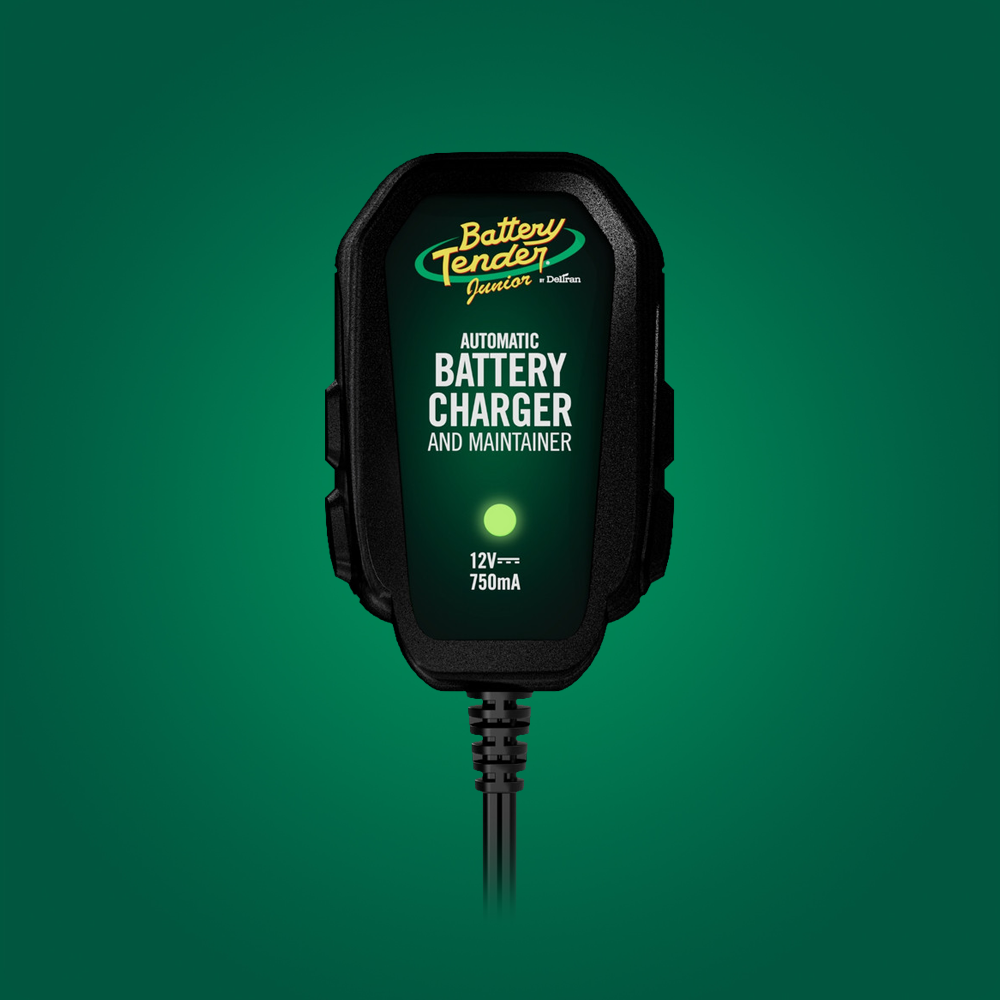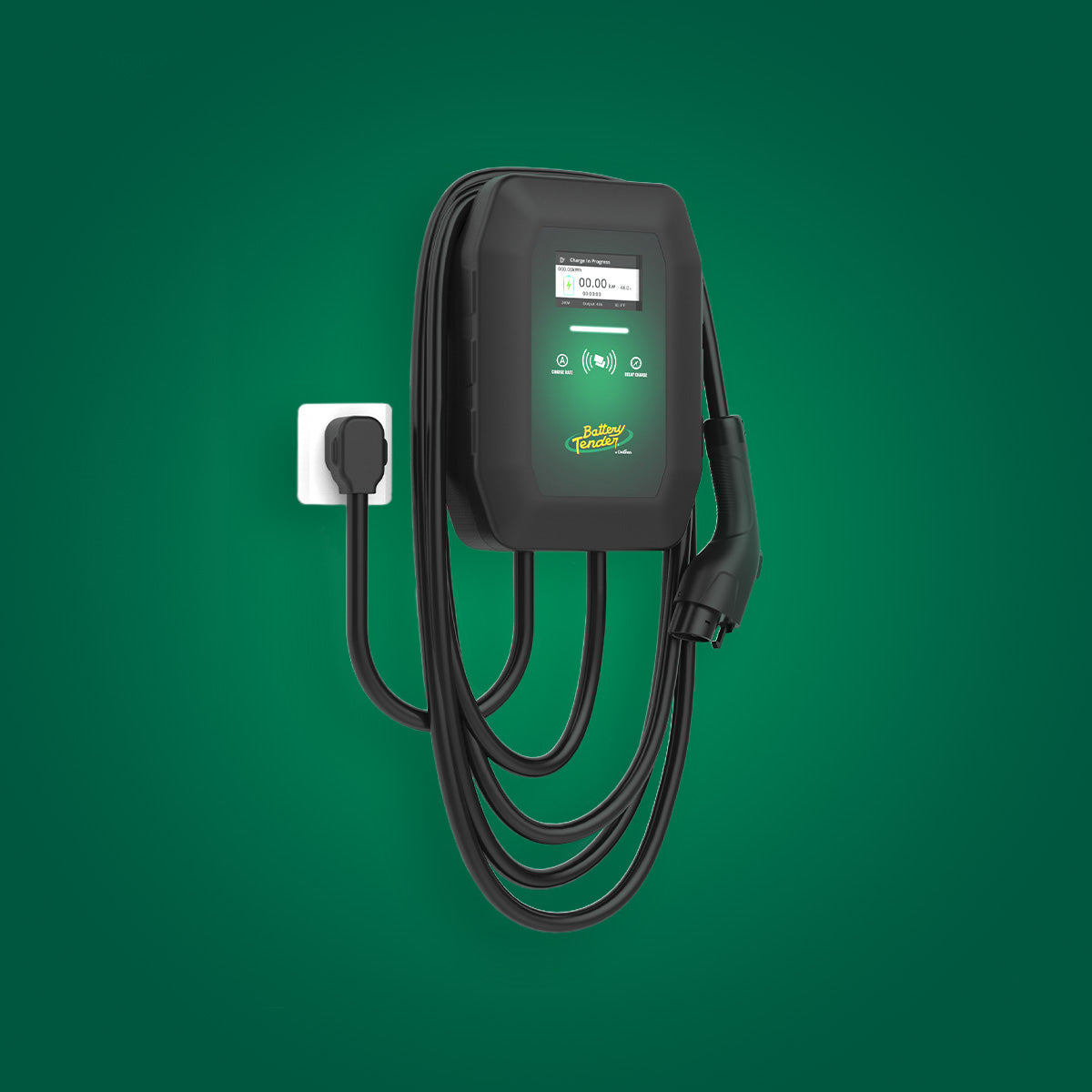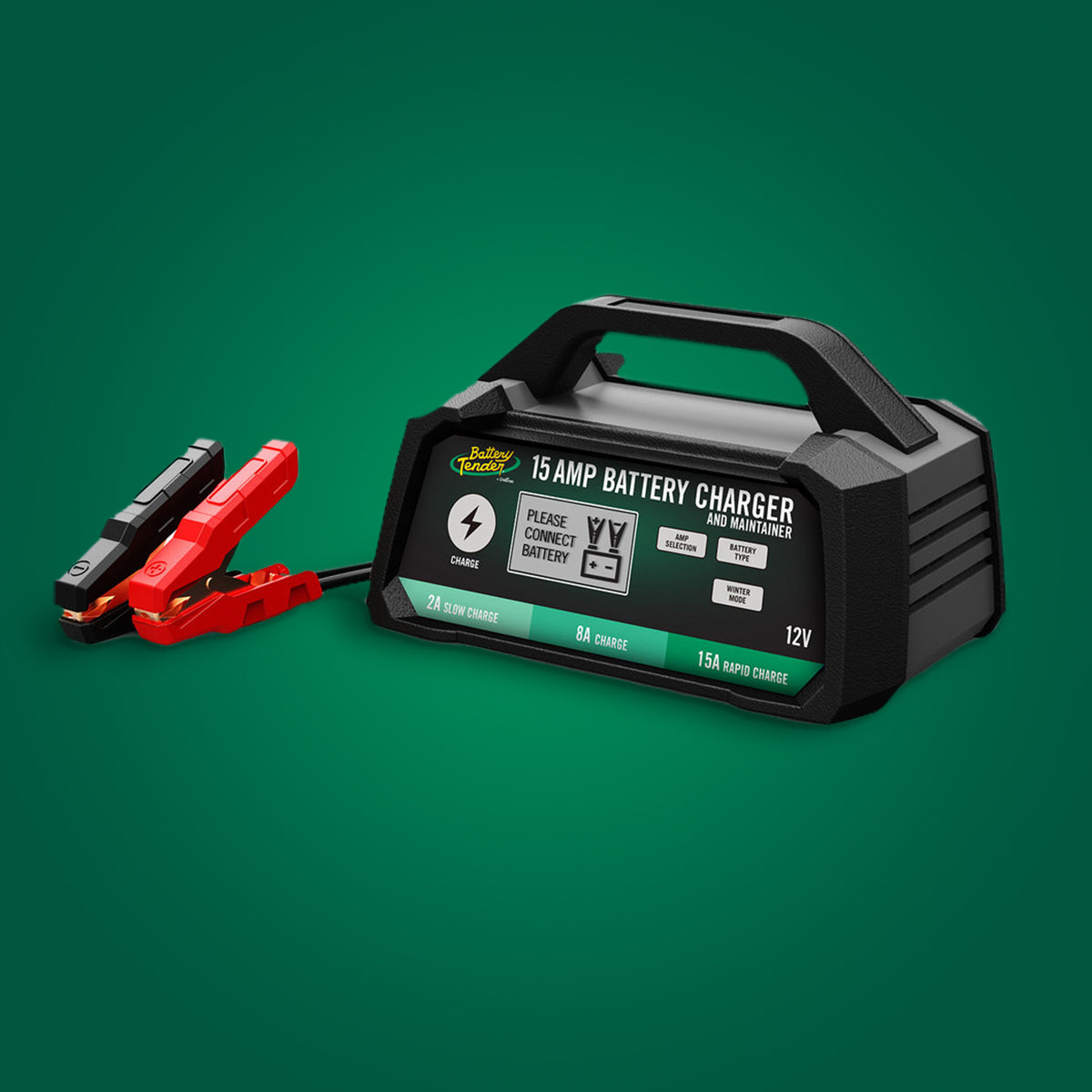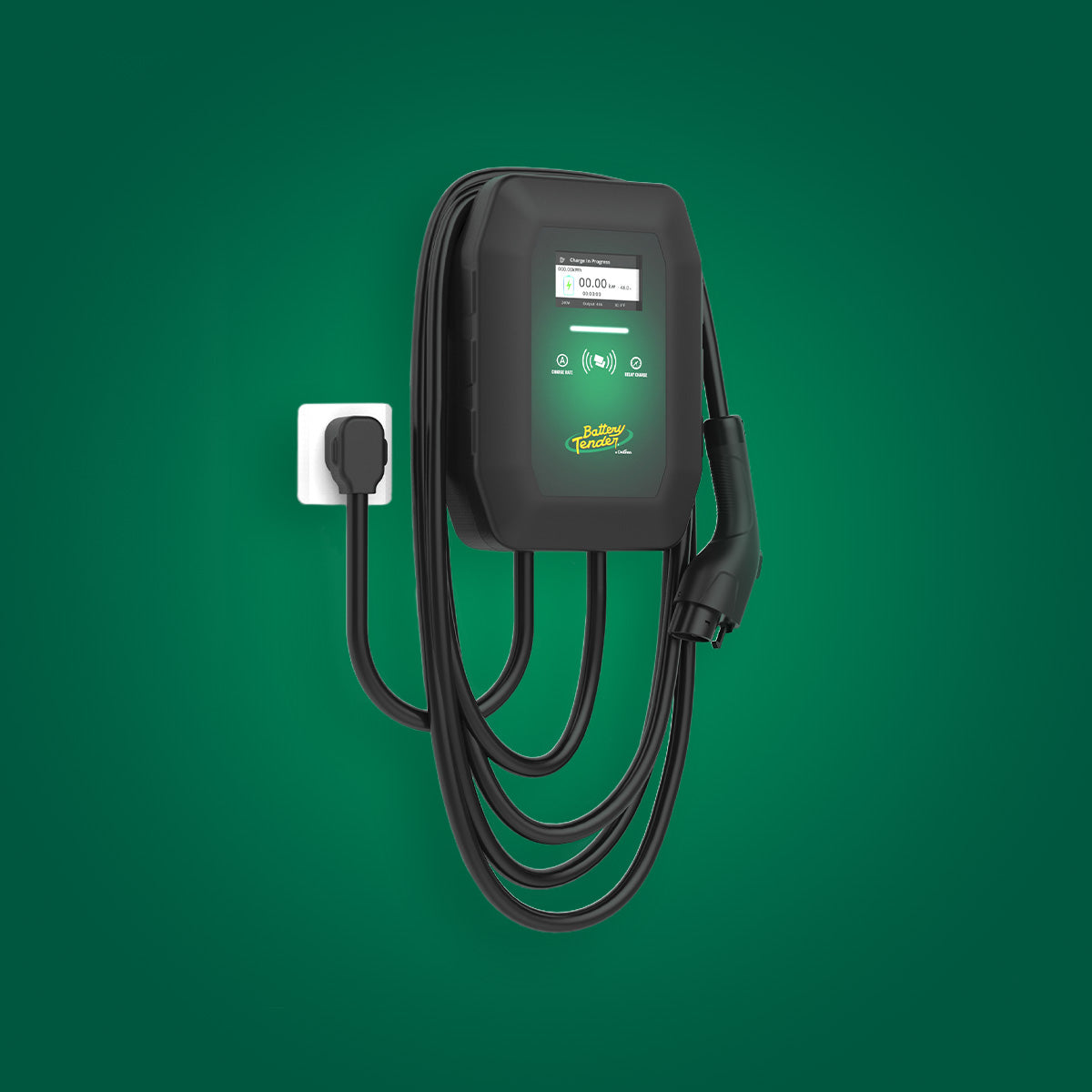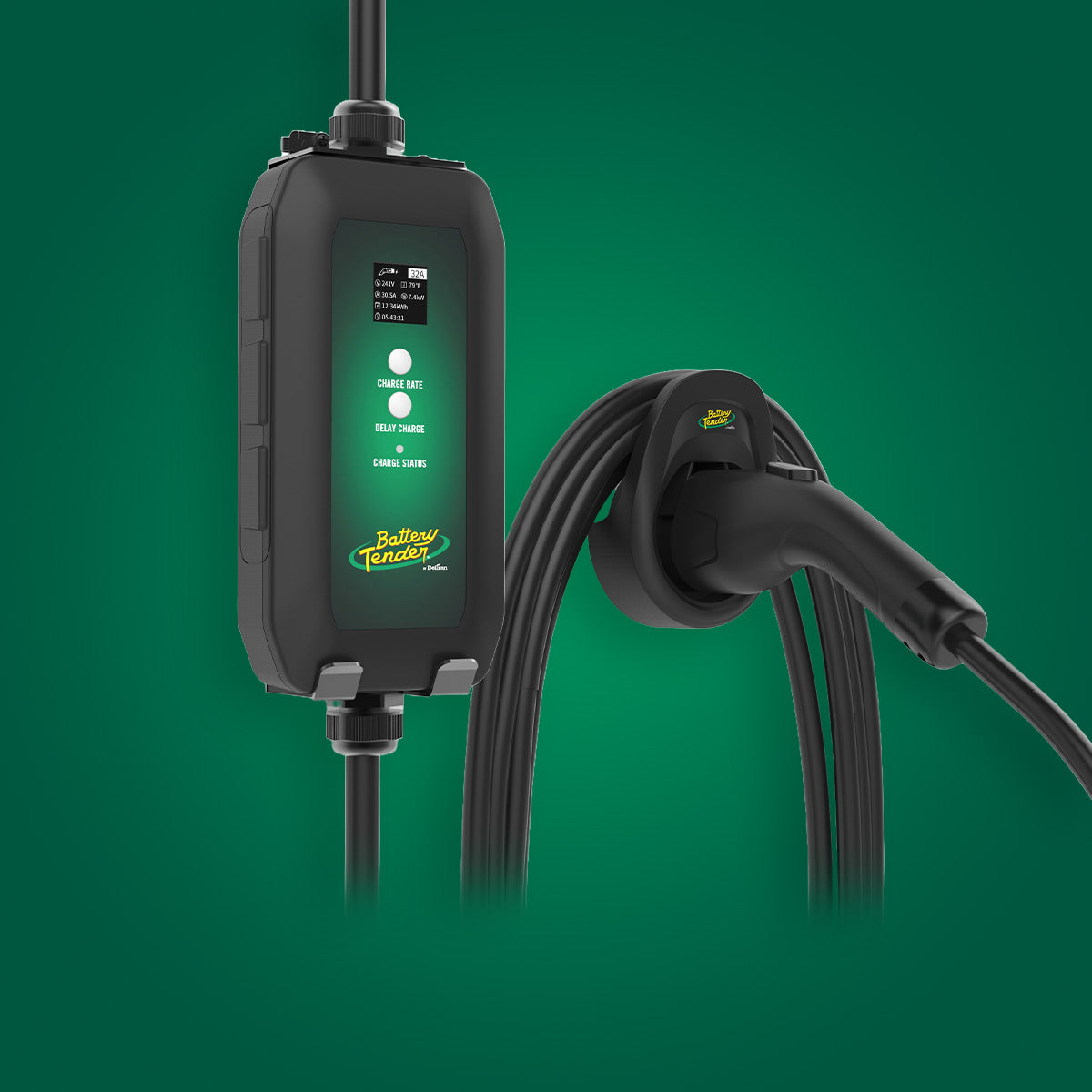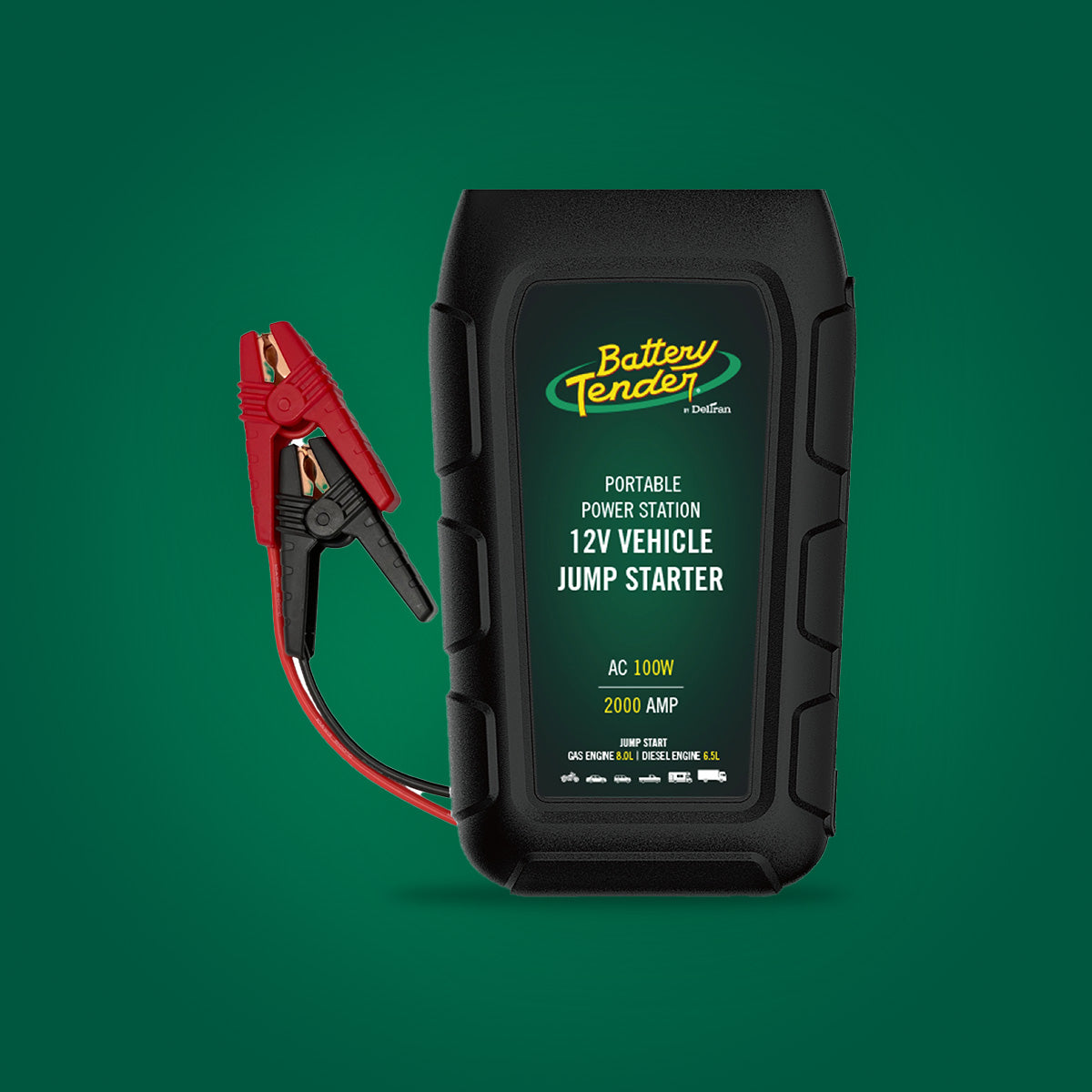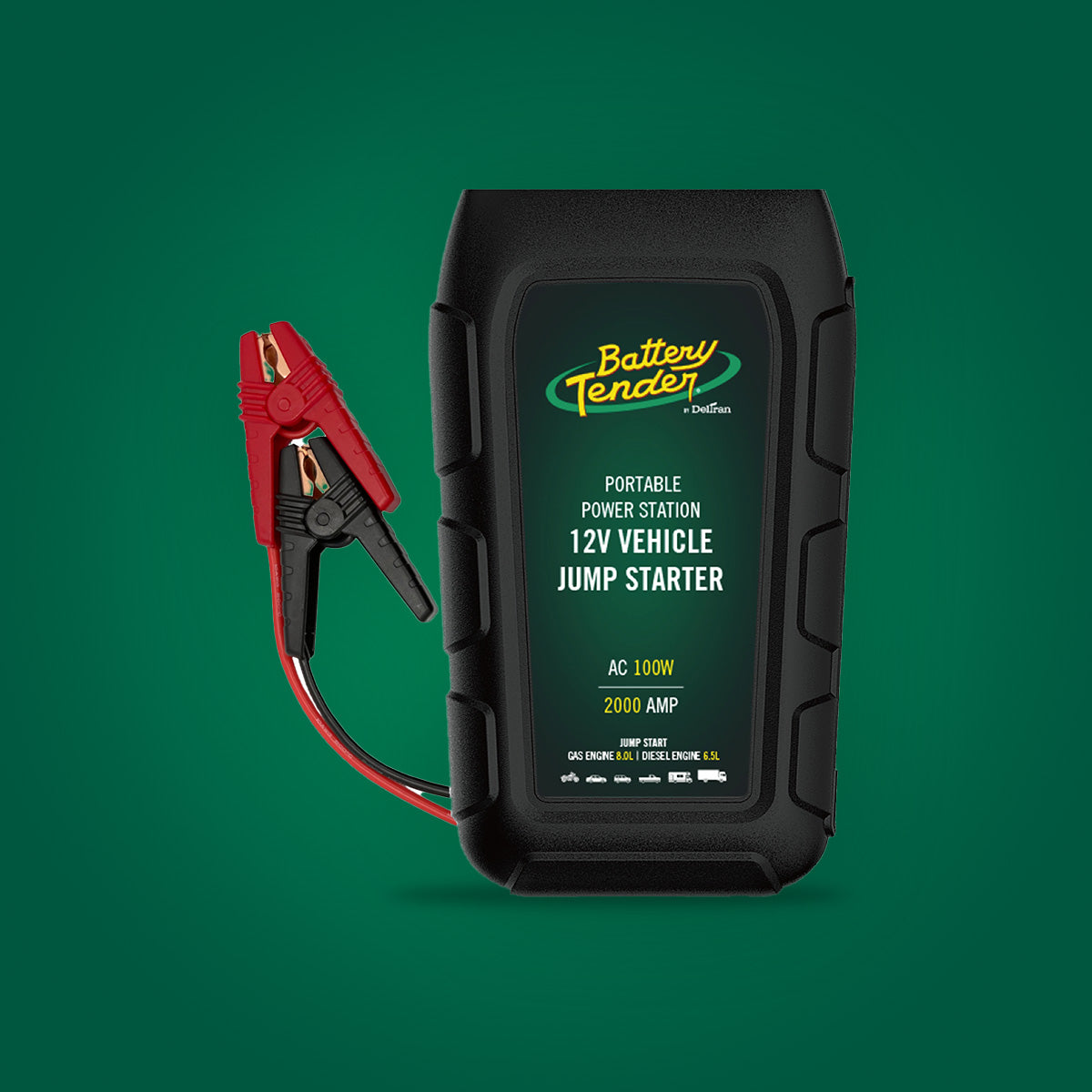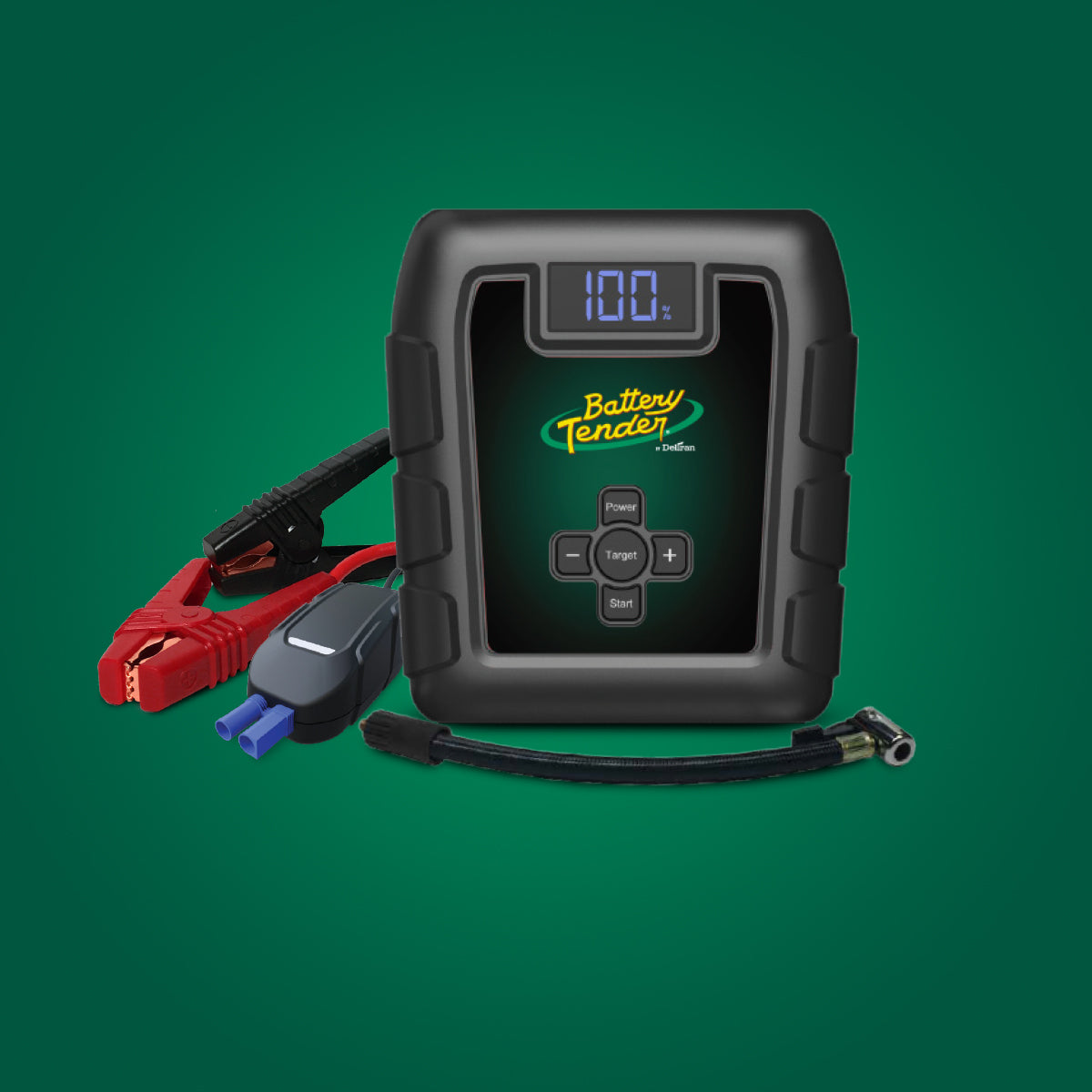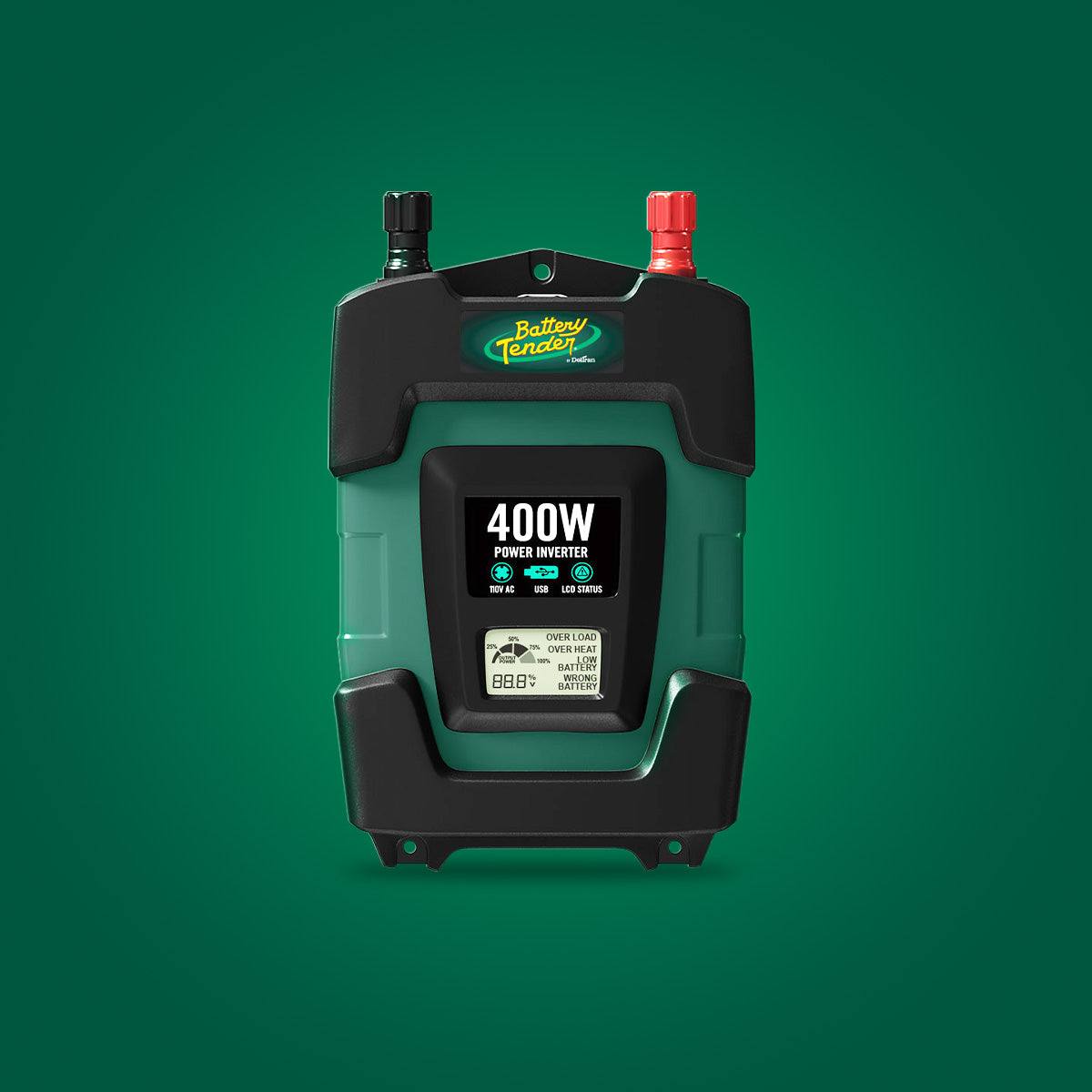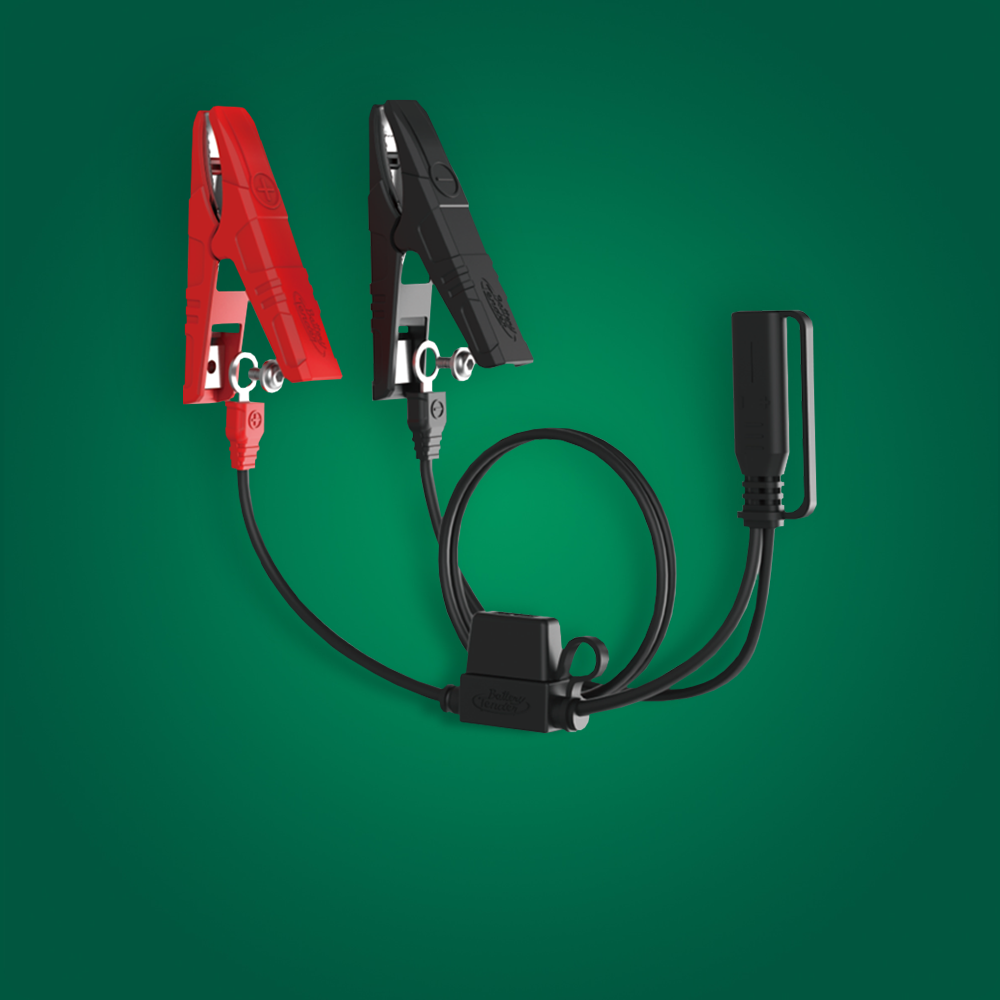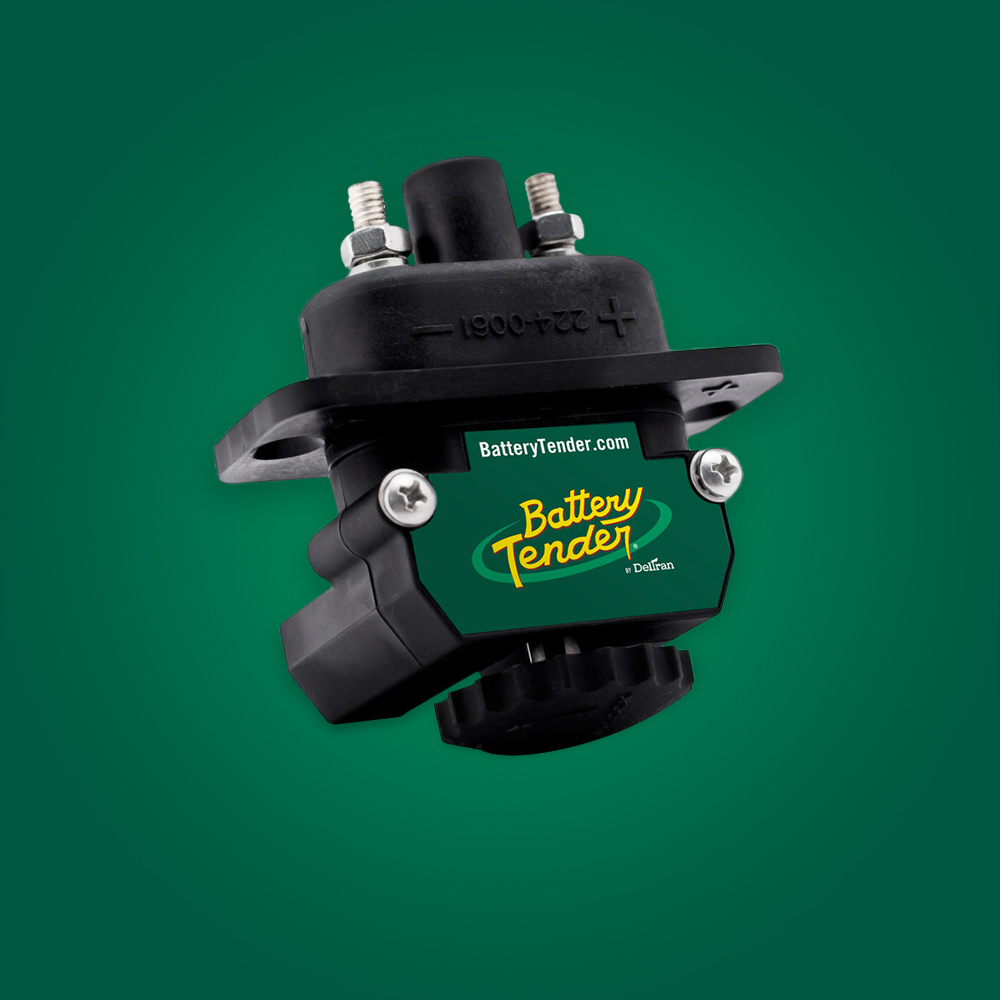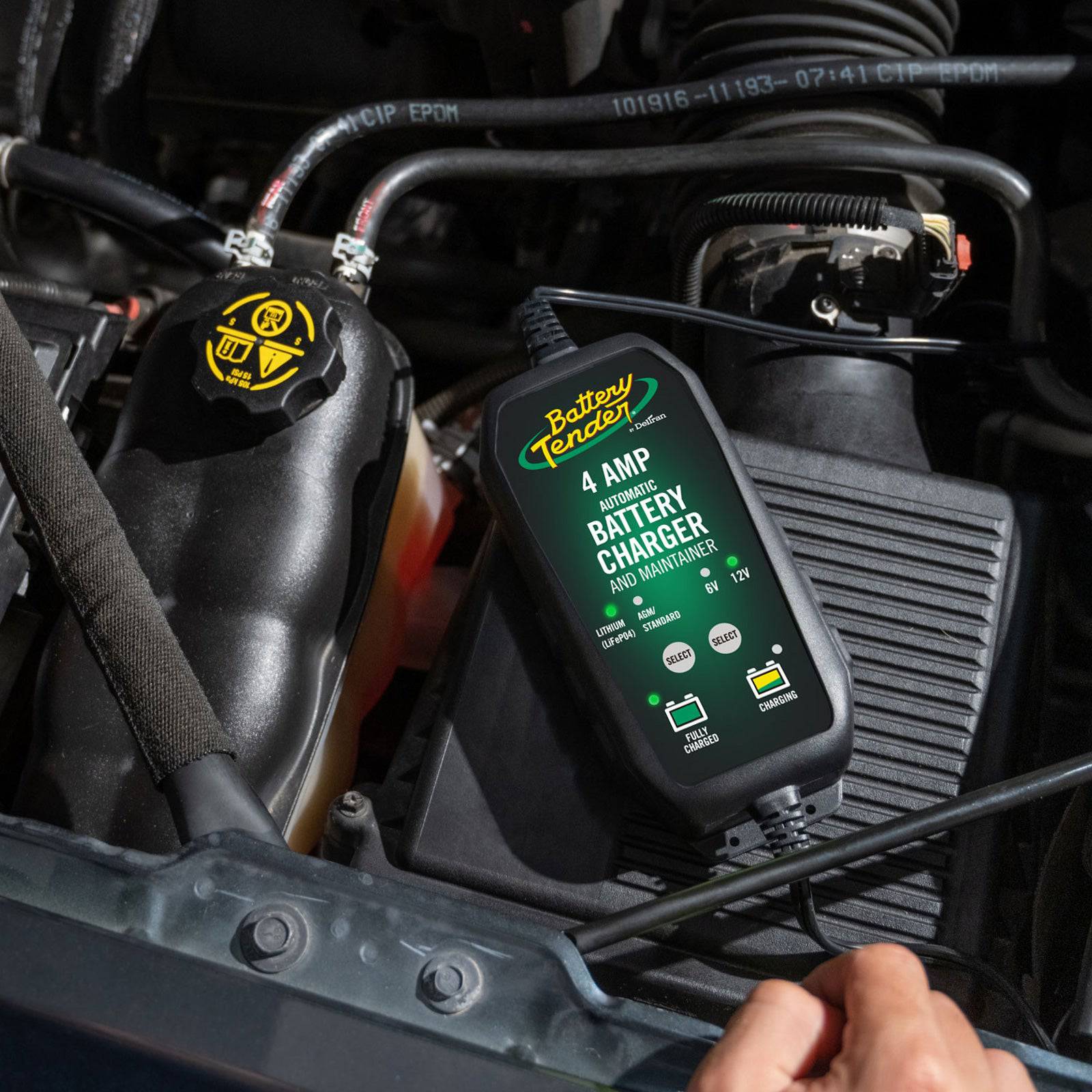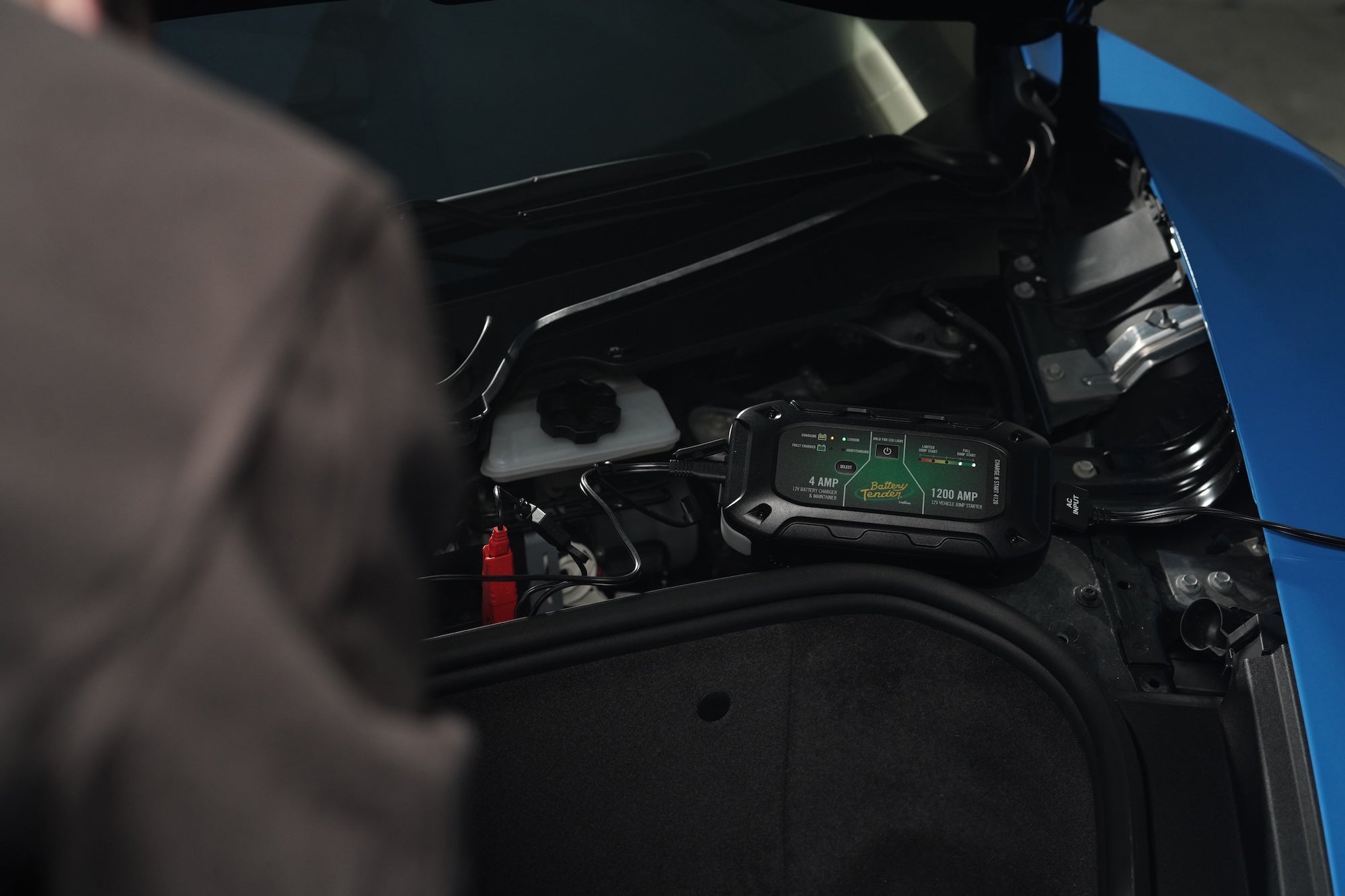Welcome, DIY enthusiasts! Whether you're an automotive aficionado, a marine maestro, or a power sports pro, understanding the nuances of battery charging is crucial to maximizing performance and longevity. This guide will delve into the essentials of charging 12-48V batteries, touching on chemistries, voltages, and key terms to enhance your technical prowess.
Understanding Battery Chemistries
When it comes to battery charging, the type of battery chemistry is foundational. Let's explore the most common types:
Lead-Acid Batteries (Flooded, AGM, Gel):
- Voltage: Typically 12V, 24V, 36V, or 48V
- Features: Known for their affordability and reliability, these batteries are prevalent in automotive, marine, power sports, RVs, lawn and garden equipment, and golf carts
- Charging Tips:
- AGM (Absorbent Glass Mat): Offers better durability and is maintenance-free. Use a charger that accommodates its faster charge acceptance
- Gel: Ideal for deep-cycle applications; avoid high amperage charging to prevent voids in the gel
- Maintenance: Regular checks for corrosion and ensuring proper water levels in flooded varieties are essential.
Lithium Iron Phosphate (LiFePO4) Batteries:
- Voltage: Typically 12V, 24V, 36V, or 48V
- Features: Lightweight with a high energy density, perfect for electric vehicles and power tools
- Charging Tip: Use chargers with built-in battery management systems to avoid overcharging and overheating
- Maintenance: Minimal, but ensure the charger supports lithium profiles to maintain efficiency
Key Terms in Battery Charging
- Ampere (AMP): The unit of electric current. Chargers range from 750mA to 15 AMPs
- Voltage (V): The electric potential difference. Ensure compatibility with your battery's voltage
- Capacity (Ah): The storage capacity of a battery. Larger Ah means longer charging times
- Microprocessor Technology: Integrated systems that control charging to enhance efficiency and safety, a hallmark of Battery Tender's innovation
- Desulfation: A process to remove sulfate from lead-acid battery plates, often included in smart chargers to extend battery life
Voltage by Battery Chemistry
Understanding the ideal charging voltage for each battery type is essential for maintenance:
- Lead-Acid:
- AGM/Gel Float Voltage: 2.25V to 2.30V per cell
- AGM/Gel Bulk Charging Voltage: 2.35V to 2.40V per cell
- Flooded Charging Voltage: Slightly higher to compensate for water loss
- Lithium Iron Phosphate (LiFePO4):
- Charging Voltage: 3.2V to 3.65V per cell
- Cut-off Voltage: Ensure not to exceed the limit to prevent damage
Charging Best Practices
- Select the Right Charger:
- Use a charger compatible with your battery's voltage and chemistry.
- Battery Tender offers versatile options from 750mA to 15 Amp chargers.
- Monitor Charging Conditions:
- Charge in a well-ventilated area to prevent overheating.
- Avoid extreme temperatures for optimal performance.
- Regular Maintenance:
- Clean terminals to ensure good connections.
- Check electrolyte levels in lead-acid batteries if applicable.
- Implement routine inspections to catch potential issues early.
- Safety Measures:
- Always follow manufacturer guidelines.
- Use protective gear when handling batteries.
Advanced Charging Solutions: Charge N Store Technology
The Battery Tender® Charge N Store technology provides intelligent storage solutions, maintaining batteries at peak performance without overcharging. It's perfect for seasonal vehicles and equipment. This technology ensures that your battery remains ready for use, even after long periods of inactivity, by monitoring and managing the charge cycles.
Mastering battery charging is a blend of understanding chemistry, voltage, and technology. With the right knowledge, you can ensure your batteries are always ready to perform. For the latest in battery charging technology, explore Battery Tender's comprehensive lineup. Keep charging, and stay powered up!
Stay updated with the latest in battery technology by following Battery Tender on Facebook, Instagram, and Twitter @BatteryTender. For more technical insights and products, visit batterytender.com. Don't forget to subscribe to our newsletter for exclusive tips and promotions!

